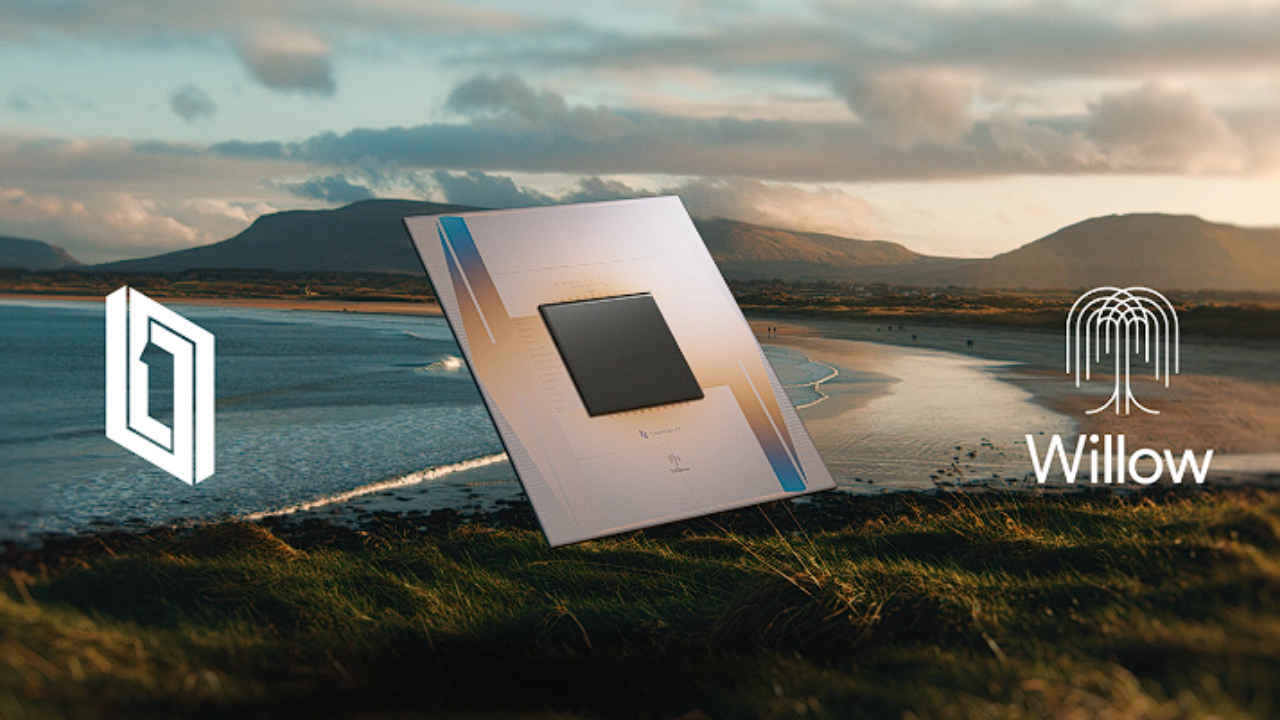

Google has introduced its latest quantum computing chip, Willow, which promises groundbreaking technological advancements. According to Google CEO Sundar Pichai, the Willow chip is a major step in Google’s efforts to build a practical, large-scale quantum computer. Willow has already achieved two remarkable feats: reducing errors exponentially as it scales up qubits and performing a computation in under five minutes that would take the world’s fastest supercomputer 10 septillion years.
Pichai explained that this progress tackles a challenge that quantum scientists have pursued for nearly 30 years. Willow can “reduce errors exponentially as we scale up using more qubits,” Pichai shared on X (formerly Twitter). “We see Willow as an important step in our journey to build a useful quantum computer with practical applications in areas like drug discovery, fusion energy, battery design + more.”
Also read: Google’s experiment of removing news articles from search in EU sparks legal action
One of Willow’s breakthroughs is its ability to correct quantum errors effectively. This advancement, known as being “below threshold,” ensures that the system improves as more qubits are added. This marks a historic milestone in quantum error correction, crucial for scaling up quantum computers.
Willow also outperformed conventional supercomputers in a benchmark test called random circuit sampling (RCS), demonstrating its computational superiority.
Also read: Is Google trying to hide something? Employees ordered to stay silent on antitrust case
Elon Musk was among those impressed by Willow’s capabilities. Responding to Pichai’s announcement, Musk commented, “Wow.” The exchange didn’t end there—Pichai suggested collaborating with Musk’s SpaceX to create a “quantum cluster in space with Starship one day.” Musk replied, “That will probably happen. Any self-respecting civilization should at least reach Kardashev Type II.”
The conversation shifted to renewable energy, with Musk stating that humanity is at less than 5 percent of Type I and advocating for the widespread use of solar panels in arid regions. Pichai agreed, calling solar energy an “obvious path staring at us.”